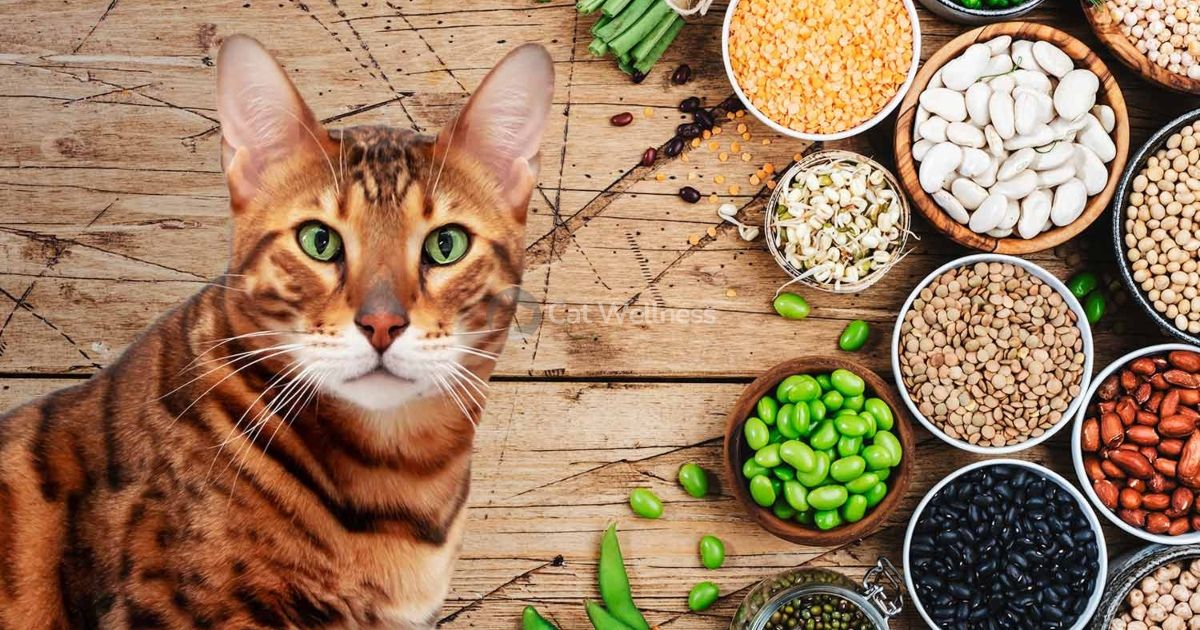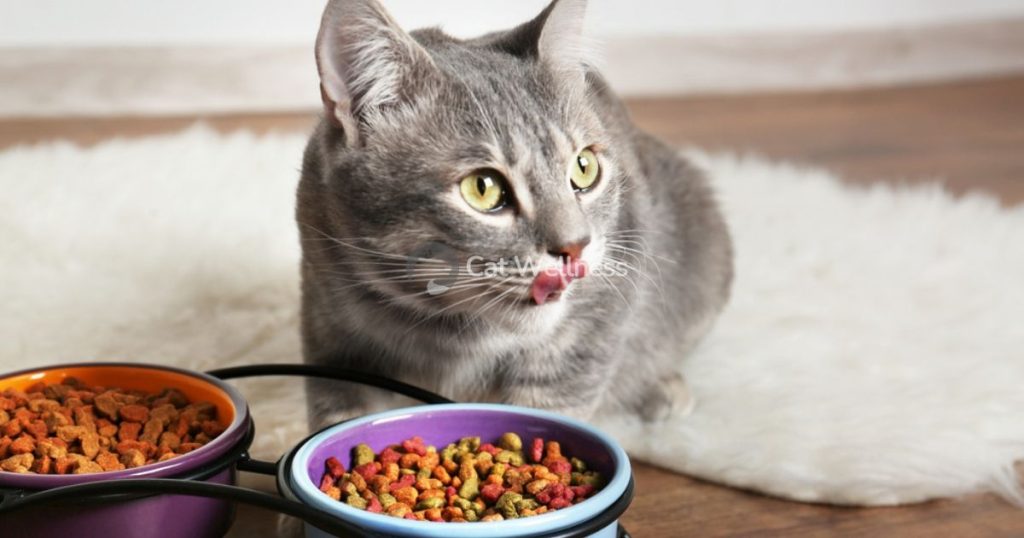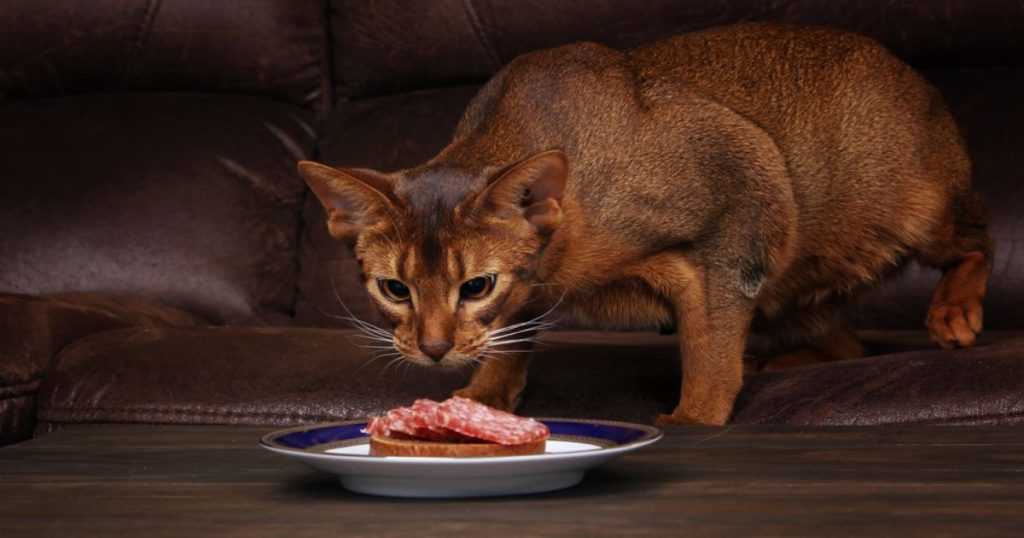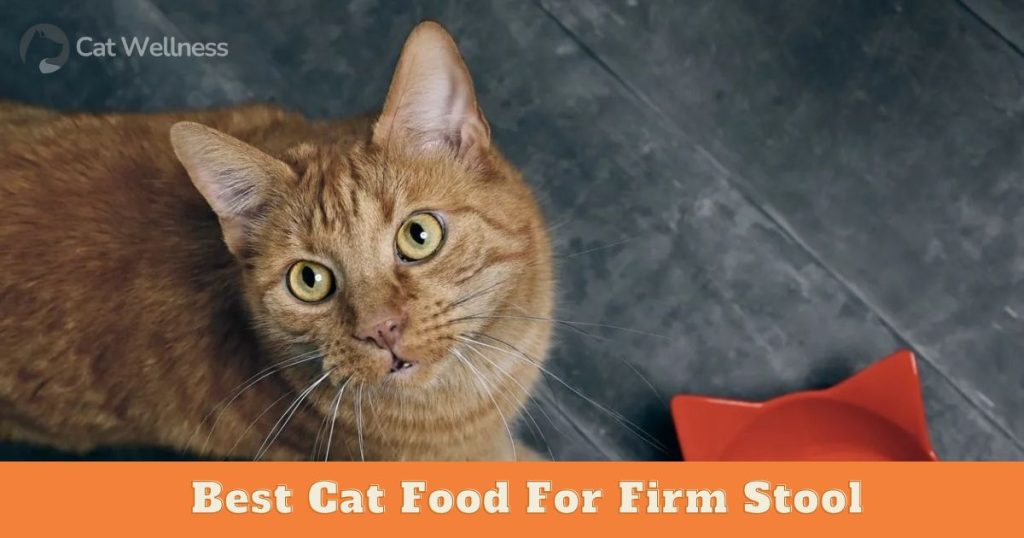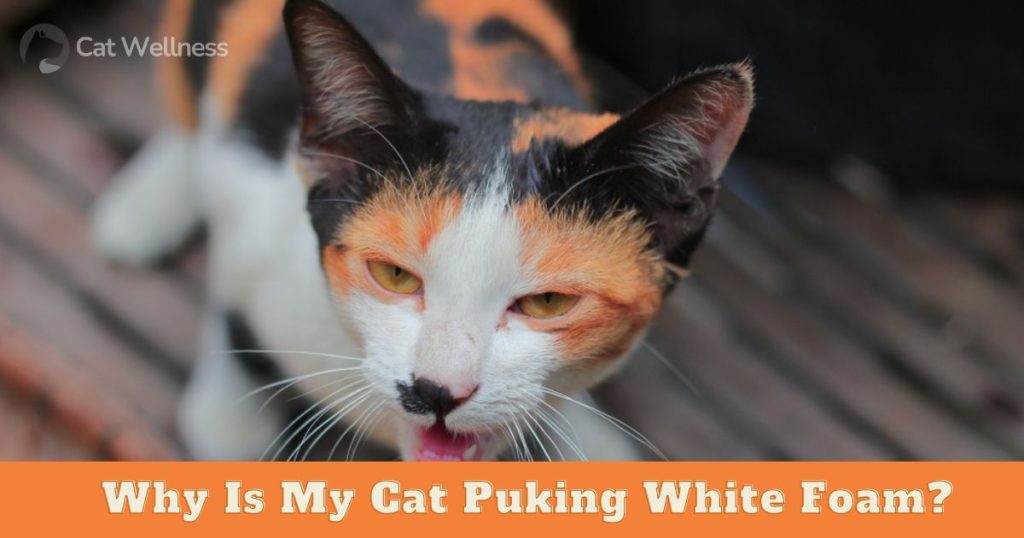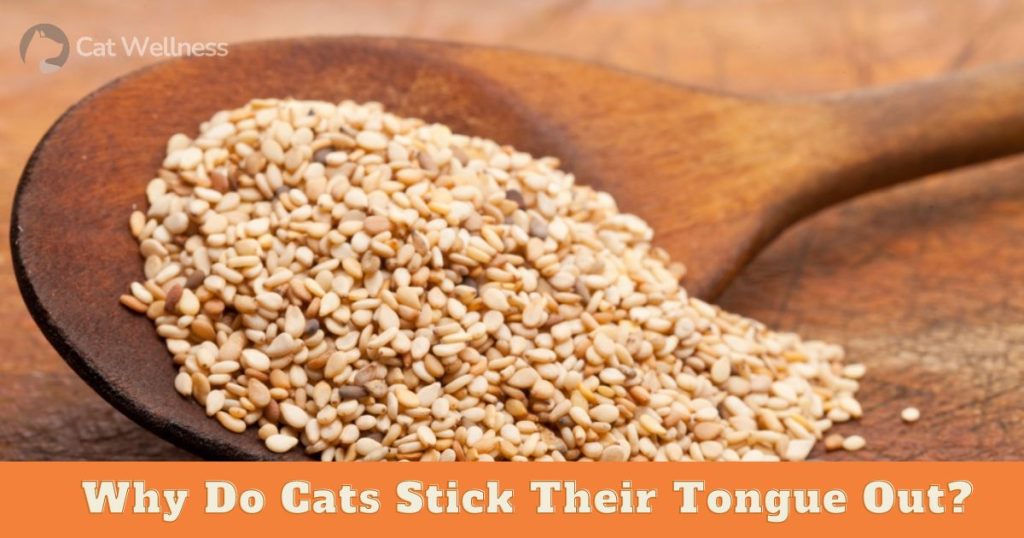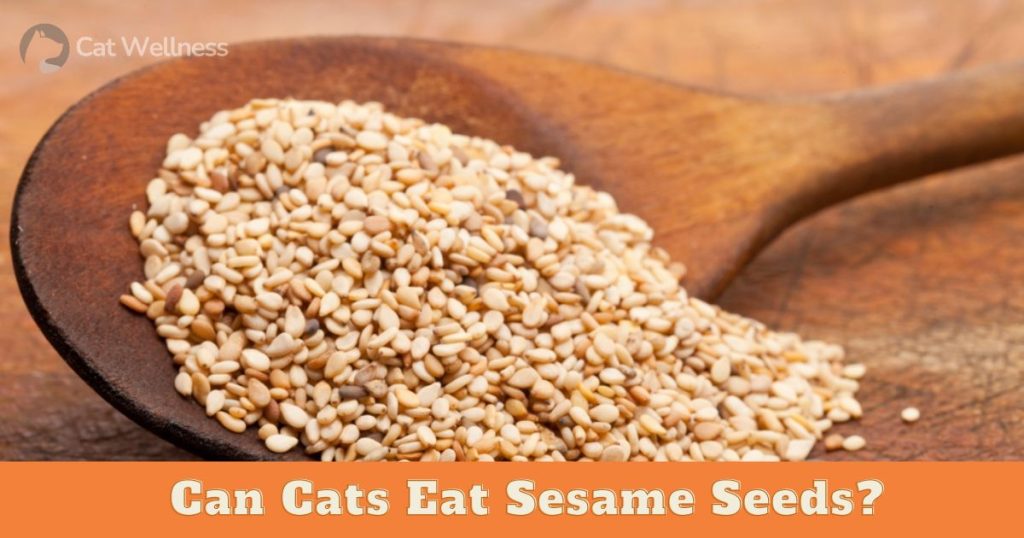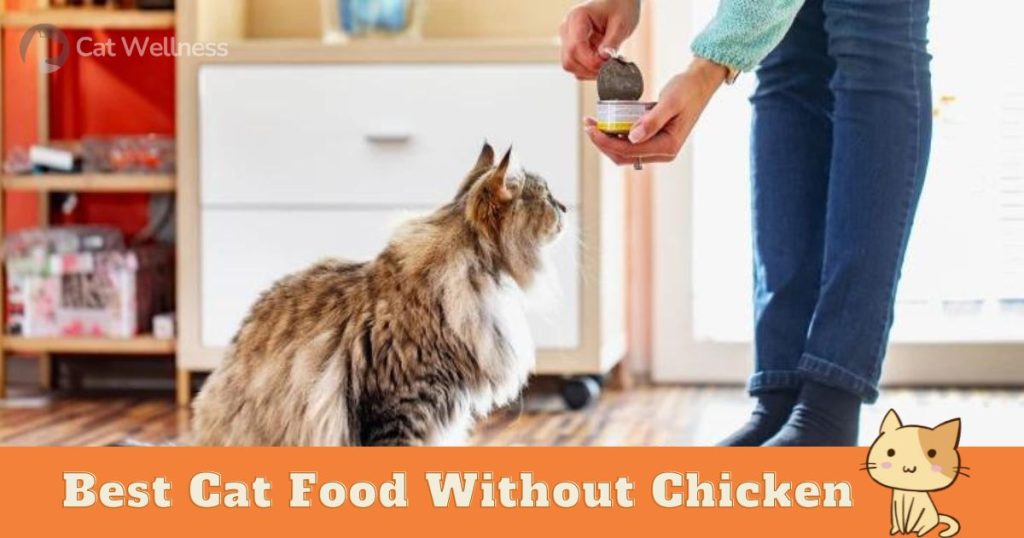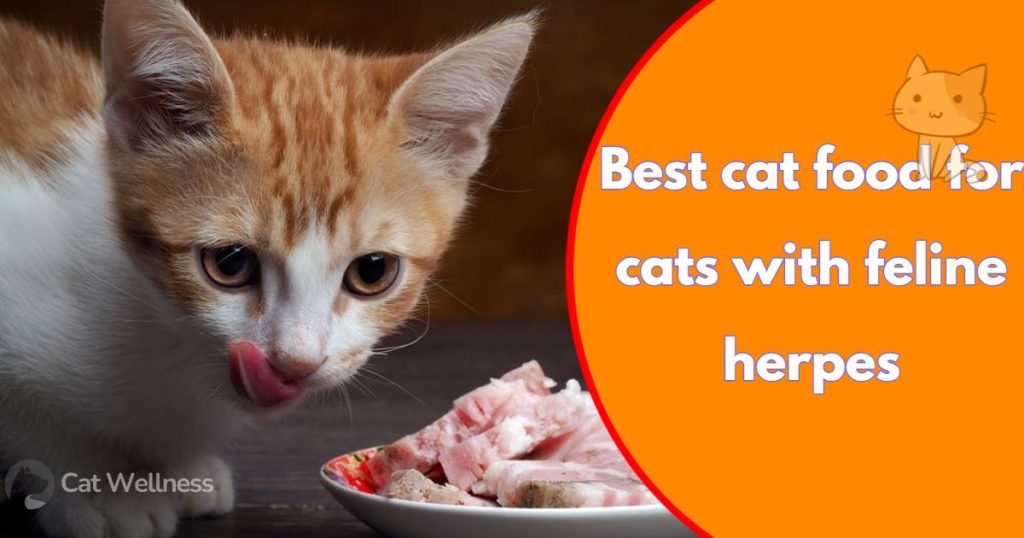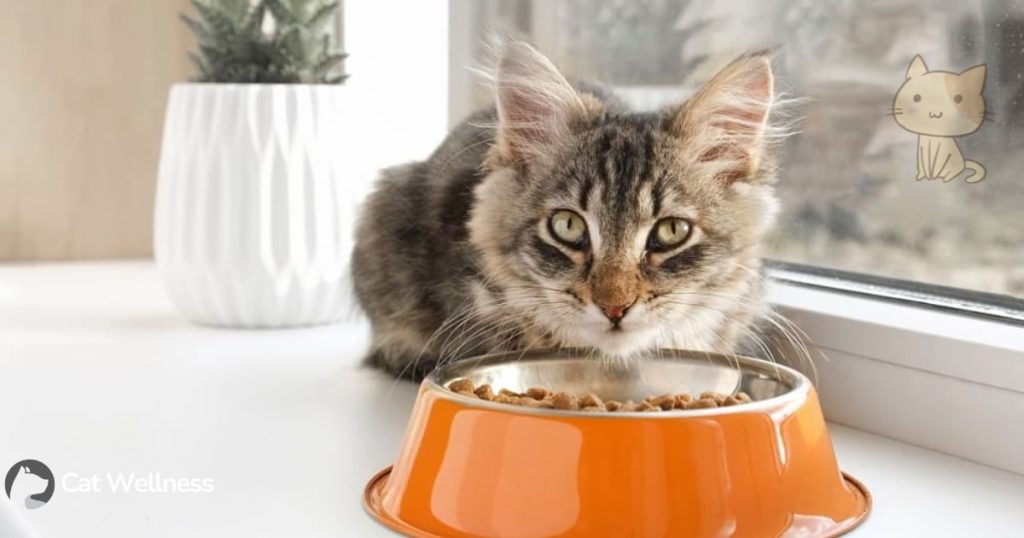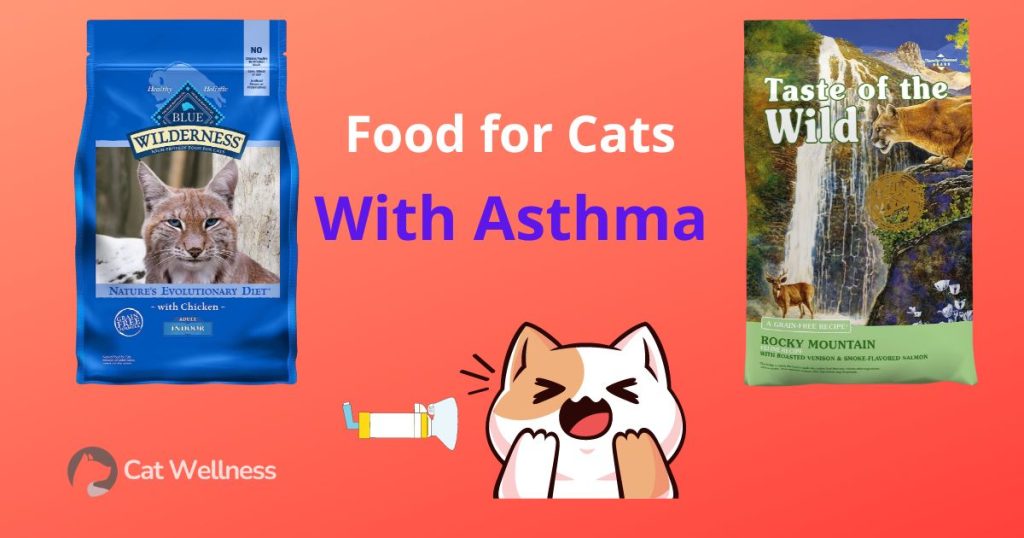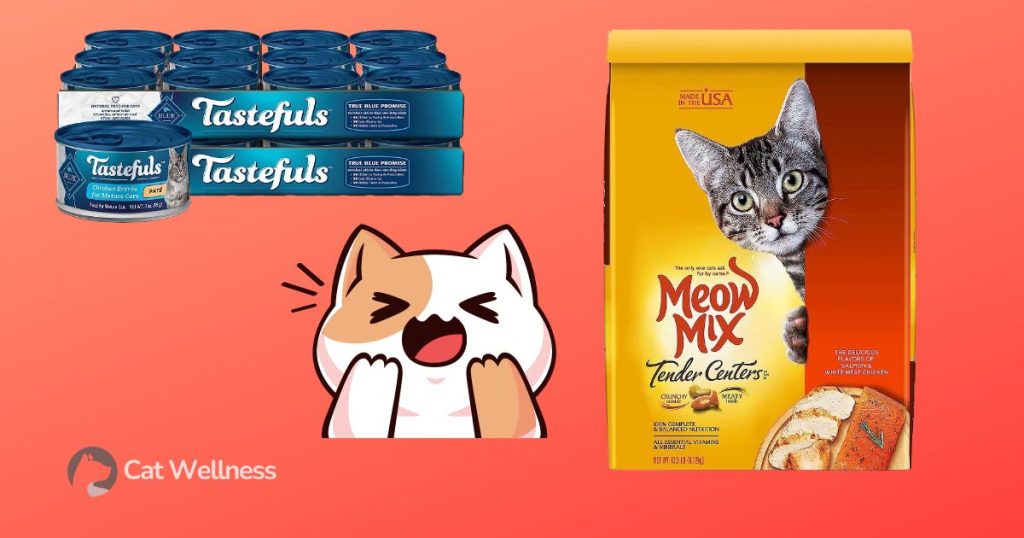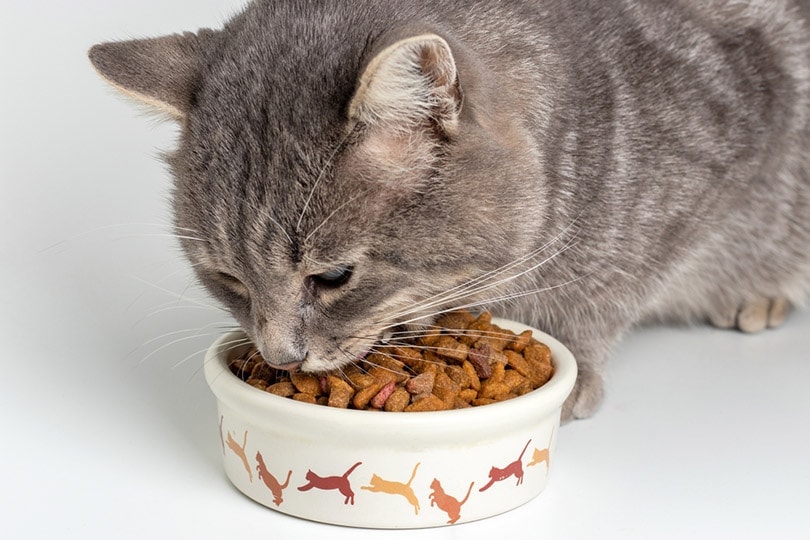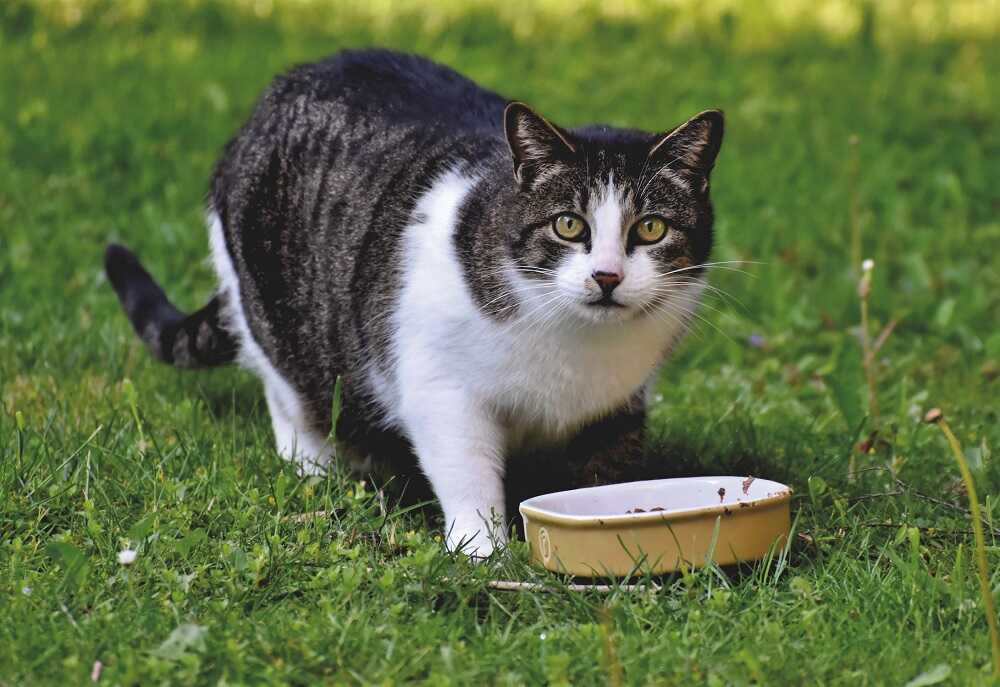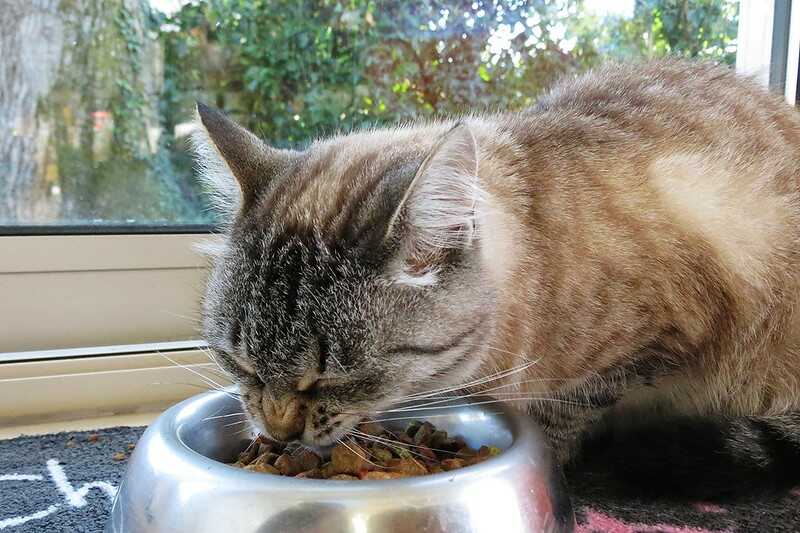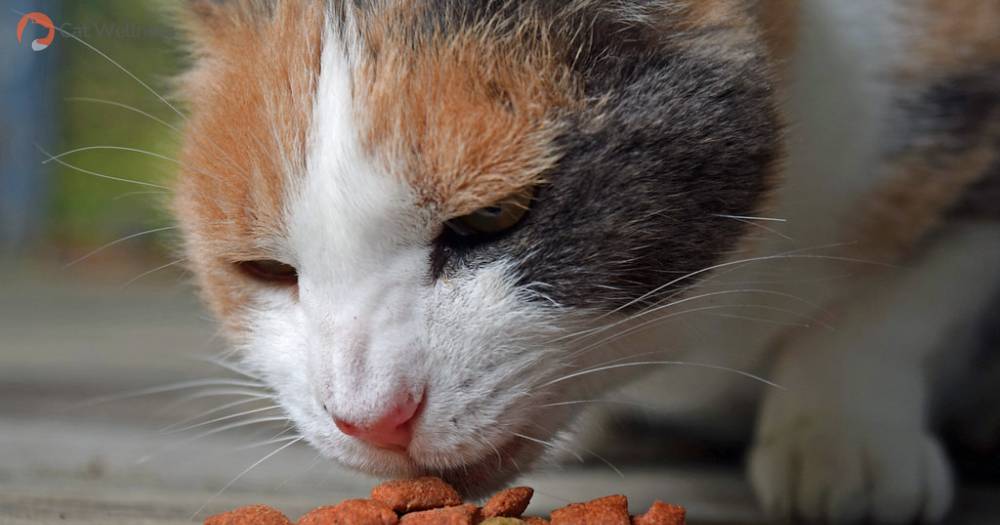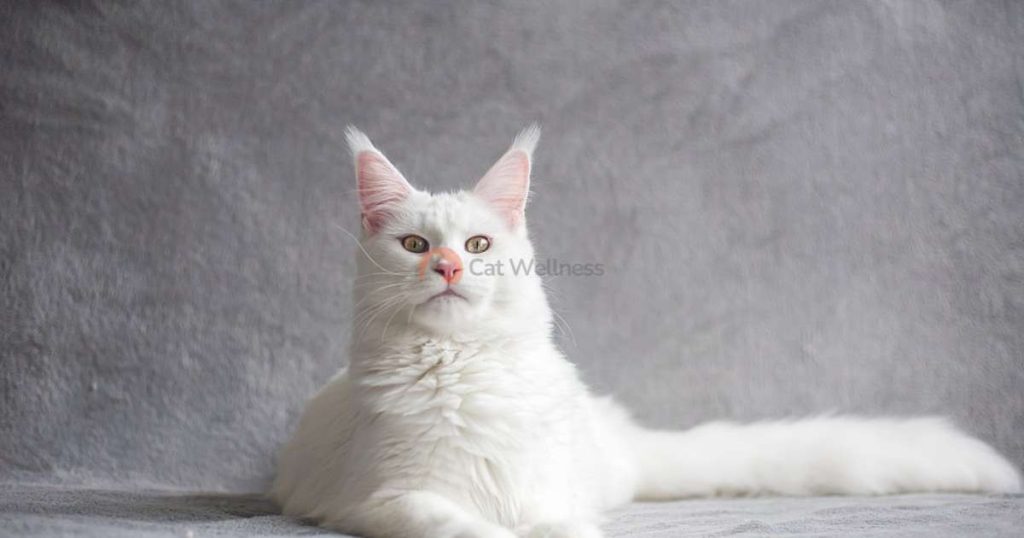Are black beans a suitable occasional treat for cats, considering their nutritional content, rich in vitamins, minerals, and fibre, which is beneficial for humans? Can cats eat black beans? and should you consult a veterinarian if you find your cat nibbling on them?
If you’re curious about how black beans affect cats and their delicate digestive systems, you’ve landed in the right spot. This article will provide comprehensive information on feeding black beans to feline companions.
Characteristics of Black Beans and Their Impact on Cats
Before discussing whether cats can eat black beans, it’s important to understand the nutritional qualities of black beans and how they may affect our feline companions. There are five key aspects to consider regarding black beans and their consumption by cats.
Black Beans are Protein-Rich
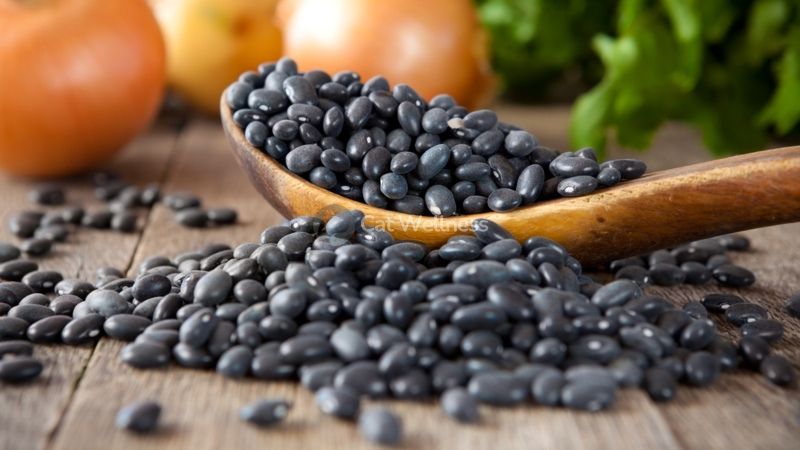
Black beans are a rich source of protein, which can be beneficial when added to a human diet. However, it’s worth noting that ordinary cats do not easily absorb most of the proteins in black beans.
Cats have evolved to obtain their essential protein from meat, and their bodies are designed to recognise and utilise nutrients from animal sources. Consequently, while black beans are protein-rich, they provide minimal nutritional benefits to cats.
Black Beans Generate Intestinal Gas
Like many other beans, black beans contain a sugar called oligosaccharide, which neither humans nor cats can fully digest. As oligosaccharides reach the undigested large intestine, intestinal bacteria break them down through fermentation, producing significant amounts of intestinal gas.
While humans may experience mild bloating, the gases produced can be uncomfortable for a cat’s sensitive digestive system. Feeding your cat black beans is acceptable, but they should not be a primary component of their diet.
Black Beans Require Effort to Digest
Due to their high fibre content, black beans can be challenging for cats to digest. Cats’ ability to tolerate black beans varies, with some cats having no issues while others may experience stomach discomfort after consuming even a small amount.
If your cat has a history of digestive problems, it’s best to avoid feeding them black beans and their derivatives. If your cat shows a strong interest in black beans, offer them sparingly only when you are confident there will be no adverse effects.
Can Cats Eat Black Beans?
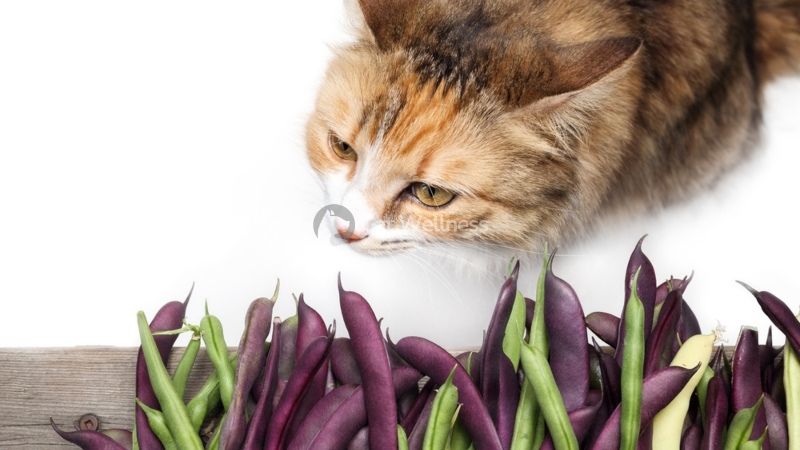
The short answer is yes. Various varieties of black beans are generally safe for your feline friend. However, offering your cat fresh, unprocessed black beans is highly recommended. Processed beans may contain additives that could upset a cat’s stomach.
For instance, some people add an artificial sweetener called Xylitol danger to baked beans, which can be hazardous for most cats. Canned beans also pose a risk due to their high sodium content.
Tips To Feeding Black Beans to Your Cat
You’re probably already aware of whether feeding your cat black beans is safe. However, do you know the best way to give black beans to your furry friend?
Begin with a Small Quantity
Offer a small portion of black beans to avoid potential issues and monitor your cat’s response. If your cat enjoys them and doesn’t experience any digestive problems, you can consider incorporating black beans into their diet once a week. If your cat does not react well to the beans, abandoning the idea is best to prevent gastrointestinal issues.
Serve Beans Plain
While you might enjoy black beans with tomato sauce, chilli sauce, or other seasonings, serving plain black beans to your cat for safety is advisable. However, if your pet has shown the ability to tolerate seasonings without issues, you can consider using them.
Consult a Qualified Veterinarian
If you ever feel something isn’t right with your cat after introducing black beans or any other dietary changes, don’t hesitate to consult a veterinarian. Veterinarians can conduct thorough examinations to identify issues and provide valuable advice, particularly regarding your pet’s diet.
5 Common Beans Cats Can Eat Healthily
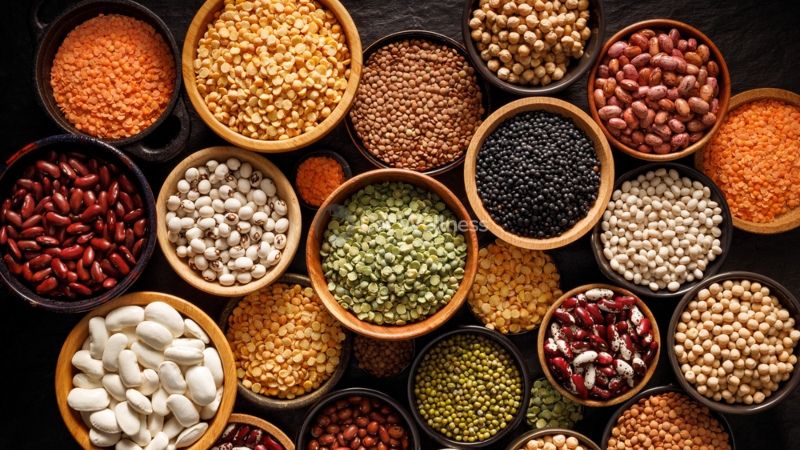
Kidney Beans
Kidney beans are generally safe for cats to consume when cooked and washed properly. Many kidney beans are available in cans, so it’s essential to rinse them thoroughly to remove excess salt, which can harm cats.
However, you should always ensure they are well-cooked and free from any seasonings or additives that can harm your cat’s health.
Black Beans
Cats can eat washed, cooked, and unseasoned black beans in small amounts without harming them, but they won’t derive significant nutritional benefits from them.
If you are using canned black beans, it’s crucial to rinse them thoroughly to remove any excess salt or other potentially harmful additives before cooking.
Pinto Beans
Similar to black beans, pinto beans are generally safe for cats when cooked thoroughly and without seasoning.
Pinto beans can be included in your cat’s diet in small amounts as long as they are plain and unseasoned.
Refried Beans
Refried beans are not suitable for cats. They are typically high in seasonings, fats, and may contain ingredients like lard, garlic, and onions, which are toxic to cats.
It is essential to avoid giving refried beans to your cat due to their potentially harmful components.
Baked Beans
Baked beans are also not recommended for cats. They often contain added ingredients like onions and sweeteners, which can harm your feline friend.
Excessive sugar and fat in a cat’s diet can lead to pancreatitis, so it’s best to steer clear of feeding them baked beans.
FAQs
Can cats eat canned black beans or black bean soup?
It’s best to avoid canned black beans or black bean soup for cats, as they often contain added seasonings, salt, and other ingredients that can be harmful to cats.
Are there any nutritional benefits to feeding black beans to cats?
While black beans contain some nutrients, they aren’t a significant source of essential nutrients for cats. Cats primarily require animal-based protein to thrive.
What should I do if my cat accidentally eats black beans?
If your cat accidentally eats black beans or experiences digestive discomfort, monitor them closely. If symptoms persist or worsen, consult your veterinarian for advice.
What are healthier alternatives for cat treats?
Healthier cat treats include commercially available cat treats, small pieces of cooked plain chicken or fish, or specially formulated cat treats to meet their dietary needs.
Can I feed my cat a vegetarian or vegan diet, including black beans?
Cats are obligate carnivores and require animal-based protein for their nutritional needs. Feeding them a vegetarian or vegan diet is not recommended and can lead to severe health issues. It’s important to consult with a veterinarian for guidance on your cat’s diet.
Conclusion
In short, can cats eat black beans? In summary, leaving beans out of your cat’s diet is best. However, if your cat accidentally ingests a bean, there’s no need to be overly concerned. It’s important to steer clear of canned, raw, and beans with seasonings.
If you have any inquiries or are contemplating altering your cat’s food, it’s advisable to consult your veterinarian beforehand. Additionally, keep all other types of beans, including jellybeans, away from your cat, as they are not beneficial for them.
Recommended Reading

